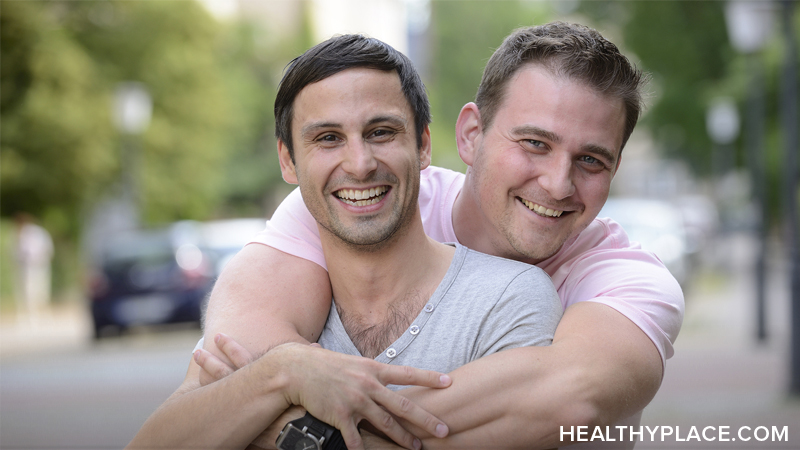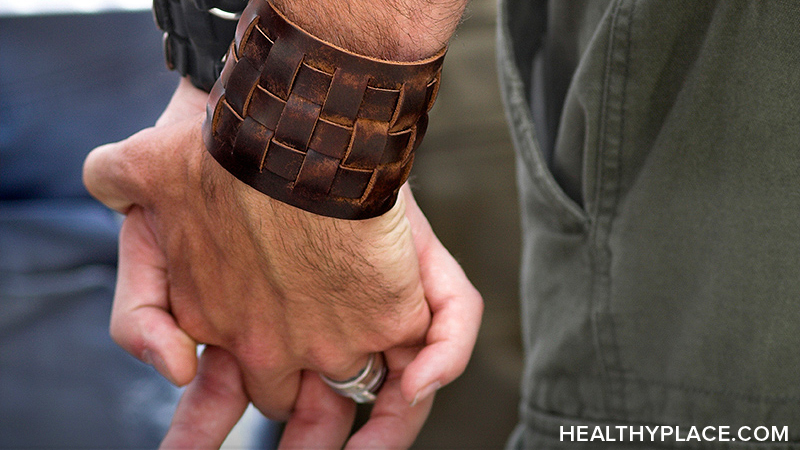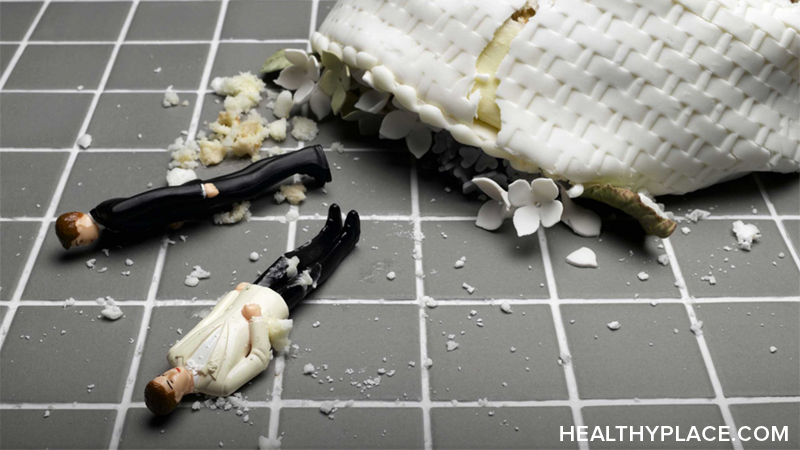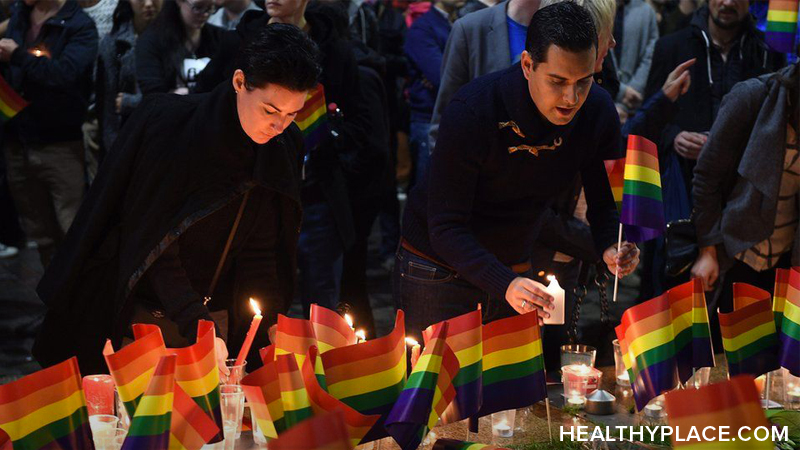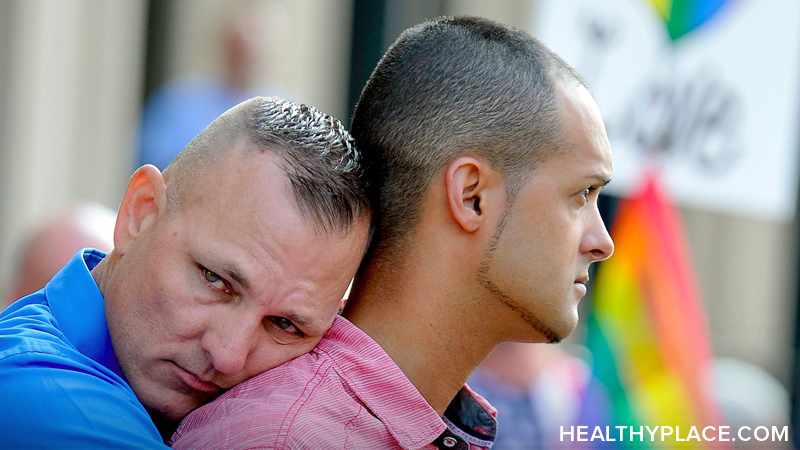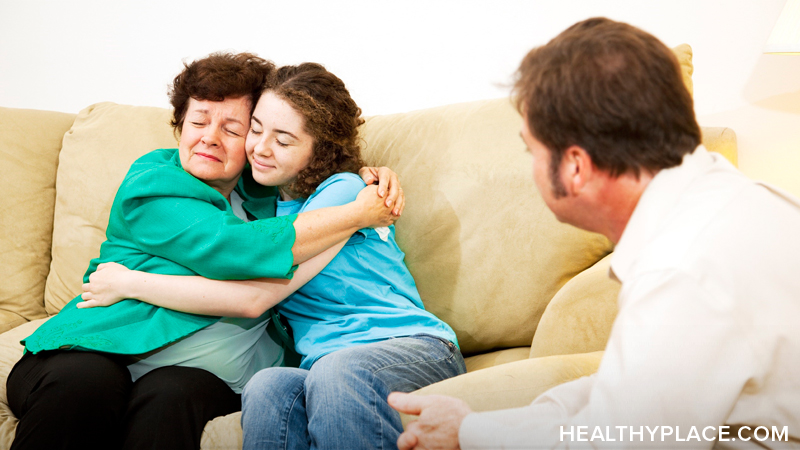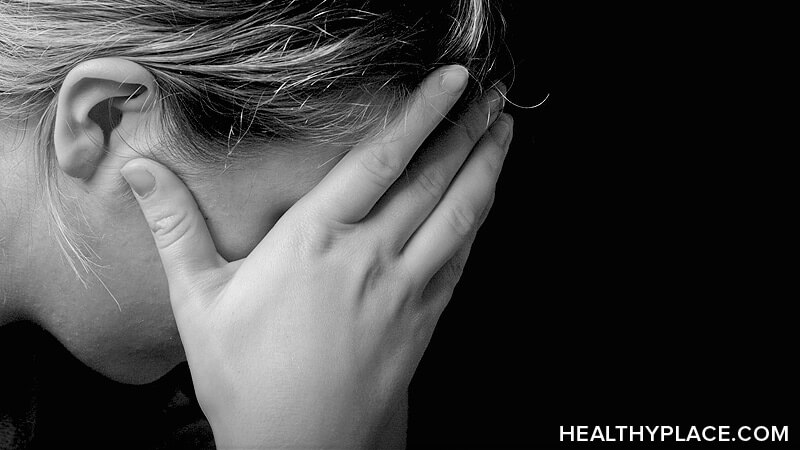Am I Gay? How Do You Know If You Are Gay?
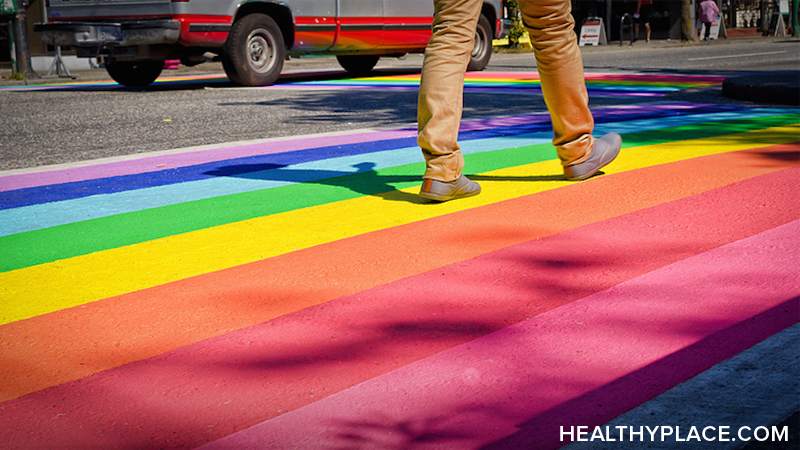
There are times when conflicting feelings cause a person to ask, "Am I gay?" This is a natural question and one many people ask at different points in their lives. Indeed, some people do not come to the conclusion that they are or are not gay until well into adulthood.
But how do you know if you're gay? Is experiencing sexual attraction to the same sex all there is to being gay? Is there a test that can tell you whether you're gay?
Am I Gay – Is There a Homosexuality Test?
In the 1950s and 1960s, it was believed, in some circles, that it was possible to test for homosexuality and such a test was developed in Canada. During the test, the subject's pupils would be measured as they looked at images ranging from mundane to pornographic. It was thought that the subject's eyes would dilate when they viewed an image in which they had sexual interest.1
However, this test was based on many faulty assumptions and it has long since been shown that no test can tell you whether you are gay or not. "Gay tests" that are seen online are not valid in any way and cannot indicate whether or not you are gay.
Gay rating scales, like the Heterosexual-Homosexual Rating Scale (sometimes known as the Kinsey Scale), do exist, however. These rating scales aim to classify people not as "gay" or "straight" but rather indicate that most people do not experience exclusively gay or straight experiences. Most people, regardless as to their sexual identity, do experience both homosexual and heterosexual feelings and/or behaviors at different times in their lives.2
Gay rating scales allow individuals to rate themselves rather than assigning a rating.
How Do You Know if You Are Gay?
It can be hard for some people to know whether or not they are gay, but it's important to remember that deciding you are gay is a personal decision and not a clinical one. Some people that have homosexual experiences continue not to identify as gay while others that have never had a homosexual experience and rather, just have homosexual feelings, may call themselves gay. Moreover, some people identify as gay at one point in their lives and then identify in another way at other points. Sexuality is personal and many consider it to be fluid.
The label "gay" then is one that is best identified by oneself based on one's sexual attractions and behaviors.
Remember though, there is no rush to decide whether you are gay or not. Sometimes feelings of sexuality come on slowly and initially are confusing and hard to identify.3
"With time, someone who is gay will realize that not only are they sexually attracted to members of the same sex, but that this attraction is not transitional, or as often described 'just a phase'. This realization could come at any time during their lives. Many people become aware of gay feelings during their teenage years, as this is when they begin to learn more about their sexuality and identity. However, the difficulties associated with accepting these feelings and coming out gay mean that many gay people don't identify themselves as gay until later on in life."
APA Reference
Tracy, N.
(2022, January 4). Am I Gay? How Do You Know If You Are Gay?, HealthyPlace. Retrieved
on 2025, November 7 from https://www.healthyplace.com/gender/gay/am-i-gay-how-do-you-know-if-you-are-gay
